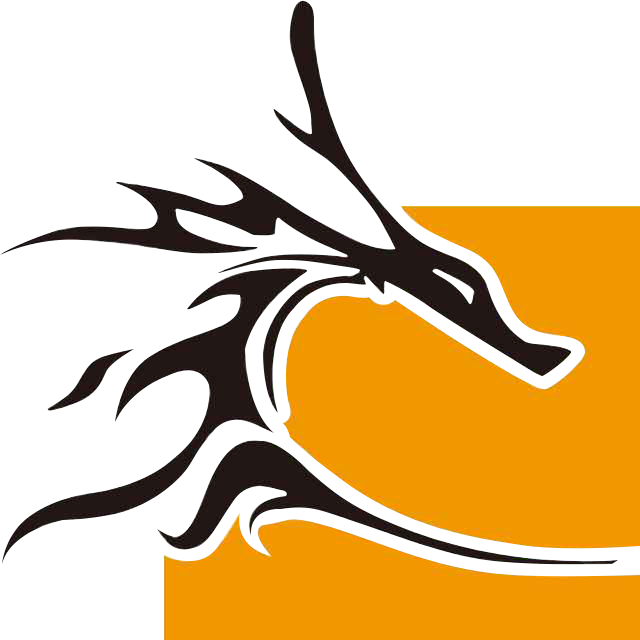How to Design an Immersive Haunted House Experience
1. Introduction
Modern haunted houses are no longer just about "darkness and sudden scare". In an era that focuses on the experience economy, an immersive haunted house can often become a traffic driver for scenic spots or theme parks. This article will show you how to create an unforgettable haunted house experience through dynamic props and multi-sensory special effects.

2. Step 1: Define the Theme and Storyline
A successful haunted house cannot be separated from a distinct theme: it can be "Zombie Rising", "Ghost Bride", "Cursed Ancient Temple" or "Alien Laboratory". Building a complete storyline around the theme can enhance visitors' sense of substitution and emotional fluctuations.
3. Step 2: Plan the Layout and Visitor Flow
Traffic flow design is the key to creating a sense of rhythm. Reasonable arrangement of scene advancement rhythm, setting up narrow passages, forced corners, and unexpected "dead ends" can create a sense of oppression and uneasiness and create rhythm changes.

4. Step 3: Choose the Right Animatronic Props
Dynamic props are the soul of a haunted house. For example, zombies crashing into windows, ghost dolls sitting up in cribs, and clowns carrying dolls can all create a strong frightening effect. Lighting, sound effects, and movements must be coordinated to amplify the visual impact.
Click here to view all our products, there is always one that you like.
5. Step 4: Add Multi-Sensory Effects
In addition to visual impact, you can also add: flashing lights, sudden fog, whispers, cold air jets and other multi-sensory stimulation. You can even use fragrance equipment to add smell elements such as moldy and bloody smells to make the experience more "real".

6. Step 5: Ensure Safety and Efficient Reset
Safety always comes first: the prop structure must be stable, the circuit must be properly protected, and the emergency exit must be clearly marked. At the same time, the prop design must consider the high-frequency reset mechanism to facilitate rapid cycle operation during peak hours.
Bonus Tip: Focus on Story, Not Just Scare
A jump scare lasts a second — a good story stays in memory. Consider story-driven transitions, character buildup, and emotional arcs to make the experience unforgettable.
Looking to build your next haunted attraction? We offer custom animatronic props, full design consultation, and on-site setup support.
👉 [Contact us now] to get a quote or discuss your next event.


